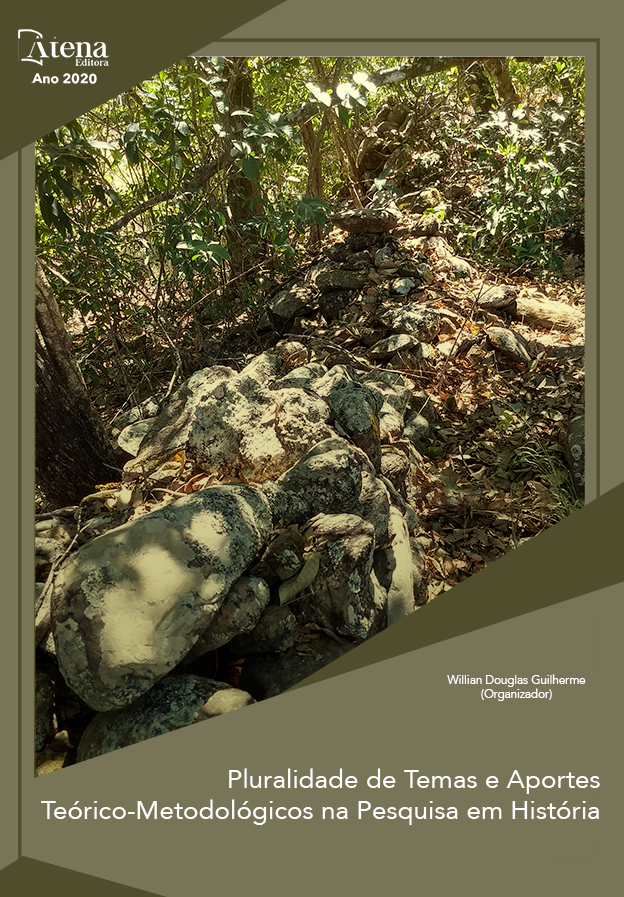
“UMA VERDADEIRA SUIÇA BRASILEIRA”: ORIGENS DO TURISMO EM GRAMADO (RIO GRANDE DO SUL, SÉCULOS XIX-XX)
O município de Gramado (RS) é um destino turístico de identidade própria, conhecido nacional e internacionalmente. Mais de 70% de suas receitas são oriundas desses serviços (FEE, 2015), o que proporciona desenvolvimento local e regional. Sendo assim, a presente pesquisa objetiva investigar os primórdios da vocação turística de Gramado, desde a colonização até a emancipação. A expansão da fronteira de colonização alemã e italiana em direção à serra gaúcha, contribuiu para a formação das bases socioculturais e até mesmo, das características arquitetônicas da cidade. Além disso, deve-se considerar, nesse processo de desenvolvimento, o contexto político do RS e a presença de lideranças políticas favoráveis, que acabaram contribuindo para a urbanização e o incentivo em investimentos de mobilidade - como a ferrovia - que alavancaram o crescimento da atividade turística na cidade.
“UMA VERDADEIRA SUIÇA BRASILEIRA”: ORIGENS DO TURISMO EM GRAMADO (RIO GRANDE DO SUL, SÉCULOS XIX-XX)
-
DOI: 10.22533/at.ed.92720210923
-
Palavras-chave: Gramado. Turismo. Desenvolvimento. Urbanização.
-
Keywords: Gramado. Tourism. Development. Urbanization.
-
Abstract:
The municipality of Gramado (RS) is a tourist destination with its own identity, known nationally and internationally. More than 70% of its revenues come from these services (FEE, 2015), which provides local and regional development. Therefore, this research aims to investigate the beginnings of the tourist vocation of Gramado, from colonization to emancipation. The expansion of the German and Italian colonization frontier towards the Serra Gaúcha, contributed to the formation of the socio-cultural bases and even, the architectural characteristics of the city. In addition, the political context of RS and the presence of favorable political leaders, who ended up contributing to urbanization and encouraging mobility investments, such as the railroad, which leveraged the growth of activity, should be considered in this development process. in the city.
-
Número de páginas: 15
- EDUARDO DA SILVA WEBER
- Daniel Luciano Gevehr


